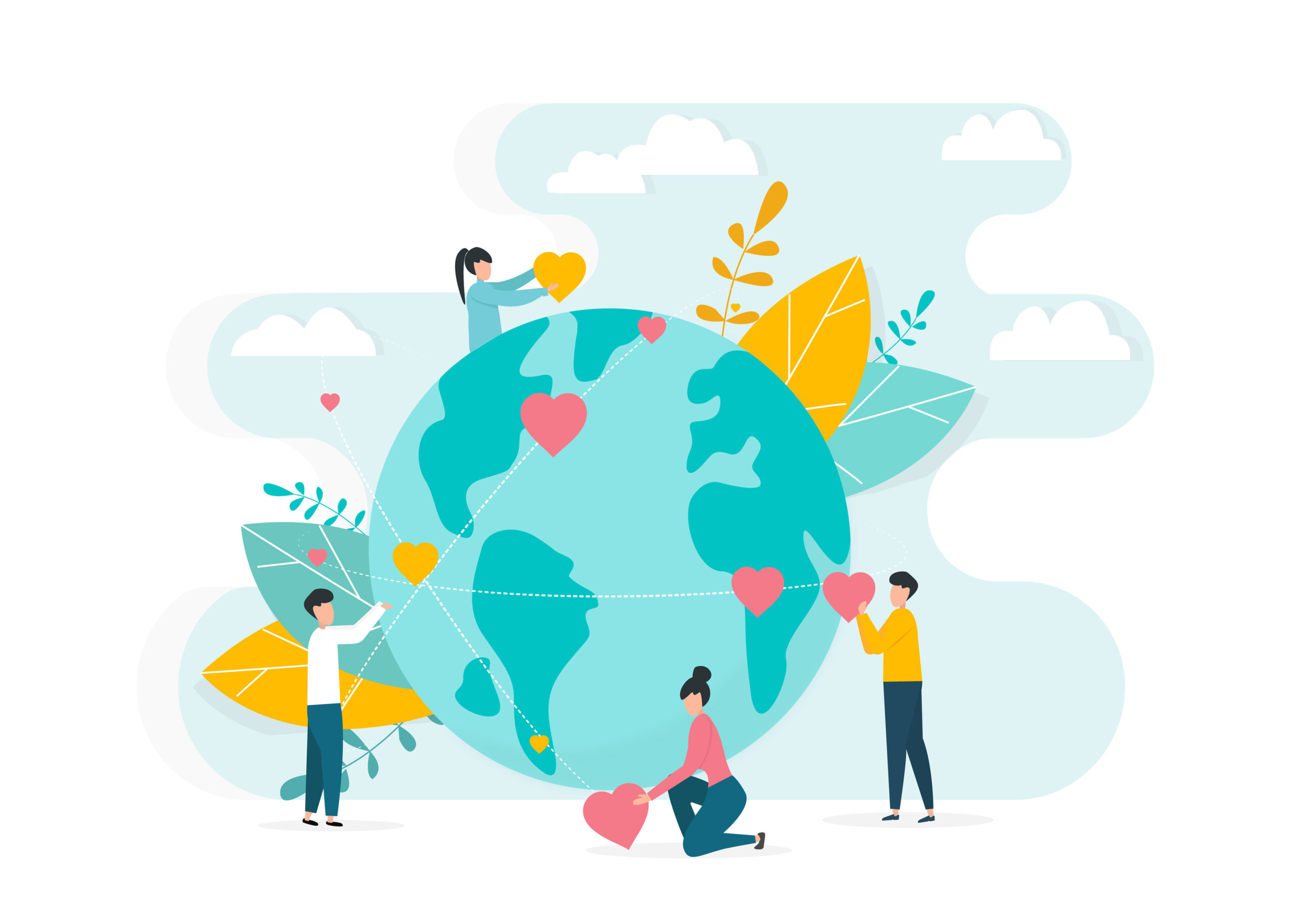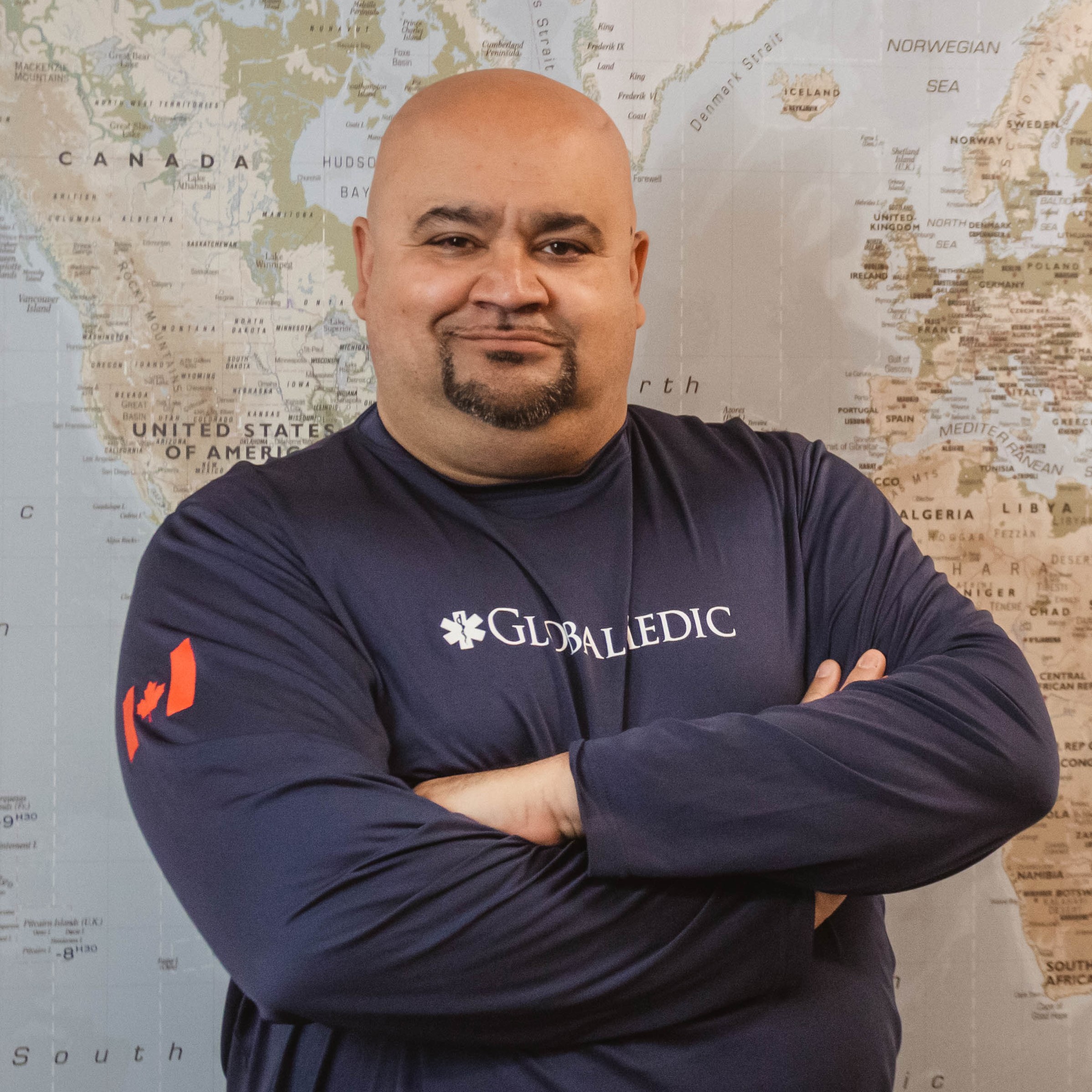Polytechnic institutions offer expert-led, industry-relevant training for high-performance talent. In this Q&A series, graduates from across our member institutions discuss how a polytechnic education helped propel their success in diverse fields.
Polytechnics Canada sat down with Rahul Singh, a graduate of Humber College’s Paramedic program. He is the founder of GlobalMedic, a frontline medical agency that provides cost-effective disaster relief around the world. Through this agency, Singh has led more than 50 missions to over 30 countries. He has been awarded the Indo-Canadian Chamber of Commerce’s Humanitarian of the Year Award in 2006 and was named one of TIME magazine’s 100 most influential people in the world in 2010 for his work with GlobalMedic. In this interview, Singh explains how his education at Humber provided him with the skills needed to lead an innovative and impactful aid organization.
Polytechnics Canada: Polytechnics like Humber are known for their hands-on, experiential learning opportunities and vast employer networks. How did these opportunities and resources support your success as you founded a globally recognized frontline medical agency?
Rahul Singh: As a paramedic, hands-on learning is critical. Handling the equipment, interacting with other healthcare providers and treating patients is a really important part of the learning process. GlobalMedic is a “boots on the ground, get things done” type of agency. We get the right aid to the right people at the right time. This operational focus and pace can be traced directly to the way I was taught at Humber. Their hands-on learning approach set me up to develop a hands-on agency.
PC: What role do experiential learning and lifelong learning play in developing a strong and responsive healthcare workforce?
RS: I don’t believe you can have effective healthcare without experiential and lifelong learning. Realistically, people learn more when they see the signs and symptoms of the diagnosis they are trying to make and the results of the treatment plan they are providing first hand. Seeing someone in respiratory distress is very different than reading about it. Providing Ventolin and witnessing the patient’s improvement is different than understanding the pathophysiology behind the treatment.
While it is necessary to read and understand the theory, practical exposure is what makes us better practitioners. This is why lifelong learning is so important, especially in an ever-evolving industry like healthcare. It gives us an opportunity to upgrade our skills, discuss what we are seeing and understand changes in treatment approaches and practices.
PC: How are current Humber students benefitting from experiential learning opportunities with GlobalMedic?
RS: GlobalMedic is working with Humber in a couple of ways. Firstly, our staff is entirely comprised of Humber graduates. Our Emergency Programs Officers are recruited directly from Humber’s post-graduate International Development Program. We have an internship program where they get hands-on experience planning for missions, researching and analyzing crisis events and running interventions. They also coordinate the packing and distribution of aid, write funding proposals and donor reports, handle media requests and create social media posts.
Secondly, we work with Humber to run community programs and leverage the efforts and skills of Humber students. For example, at the beginning of the pandemic, students and volunteers packed food aid at a Humber facility and distributed it to vulnerable families through community organizations like food banks. Three Humber students ran the site where they received hands-on experience with logistics, program design and supply chain management. Those experiences led to full-time jobs with our agency.
We also worked with Humber students to teach first aid techniques to Ukrainian civilians affected by the ongoing war. The paramedic students used the skills they had learned to create short “how-to” videos while the institution’s film and media students employed their talents to shoot, edit and post the videos. Community members volunteered to provide translations to the local languages.

